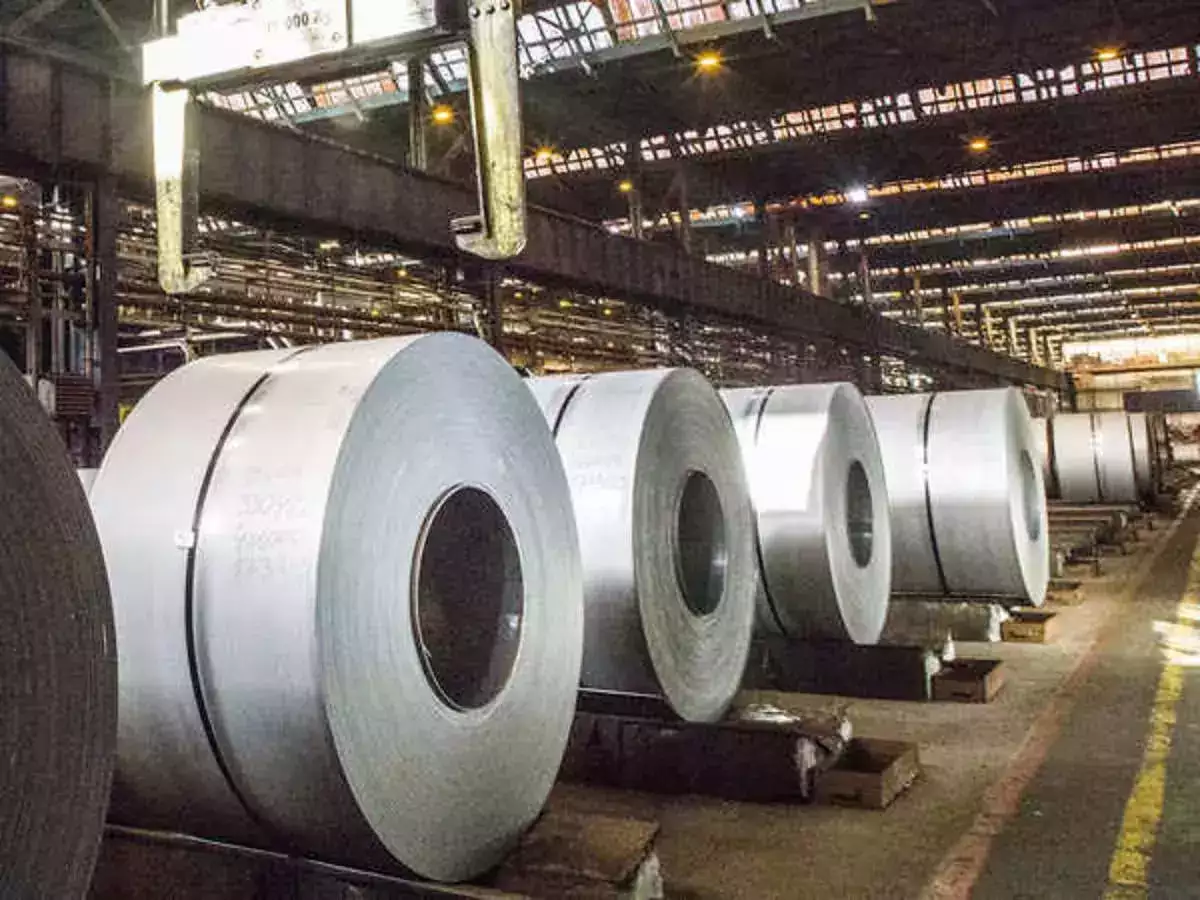
"The demand (in the domestic market) is a tailwind and is naturally one of the key factors for us to be able to grow the capacity," said Acharya, who heads the country's biggest maker of the primary infrastructure alloy.
"But it is important to see that the investments made by the steel industry are not jeopardised," he said. While the apparent consumption of steel in India has grown at nearly 15% on-year in the June quarter, imports have surged by more than 27% in the same period. Apart from China, a major chunk of these imports came in from countries with which India has Free Trade Agreements.
India was a net importer of steel in 2023-24 (April-March), and this trend has continued in the June quarter as well.
"We are putting up capacities and investments to increase the availability of steel, and in doing so, are exposed to certain risks on these investments for three-four years," Acharya said.
The company saw its consolidated bottom line plunge by nearly two-thirds in the June quarter even as revenue rose about 2%.
India is the second largest producer and consumer of steel, and among the few nations reporting demand growth.
Dumping Risks
"India becomes more vulnerable today because the rest of the geographies are not doing well ... and we are looking forward to appropriate trade measures so that the damage is arrested," he said.
The company aims to have a production capacity of 42 million tonnes in India by September 2027, and 50 million tonnes by 2030-31 (April-March). It currently has the capacity to produce over 34 million tonnes of each per annum, and plans to spend INR 64,434 crore in capital expenditure in three years, including a spend of INR 20,000 crore in the current fiscal at a consolidated level.
Disclaimer: The copyright of this article belongs to the original author. Reposting this article is solely for the purpose of information dissemination and does not constitute any investment advice. If there is any infringement, please contact us immediately. We will make corrections or deletions as necessary. Thank you.





